Dhankot-based Hella India Automotive Limited is in the process of setting up a second manufacturing facility at Becharji in Mehsana district of Gujarat. The plant that will go on stream in January 2019 will cater primarily to the requirements of its key customer, Maruti Suzuki India. Hence, its close proximity to the Suzuki Motor Gujarat facility in the state.
This was revealed by Dr Naveen Gautam, managing director of Hella India who said that they have already acquired 400 acres of land and will be starting construction work within a few weeks.
Hella’s main production facility will however continue to be located at Dhankot in Haryana while the Becharji plant will function as a satellite unit.
“It will have the potential to manufacture all our products but we will start production with the accelerator pedal sensor and horns. With the new plant, we are de-risking our current facility in addition to giving us proximity to our customers in the southern and western region. For customers in the south it cuts the distance by half, while for the western region it is next door,” says Gautam.
At present, the Maruti Suzuki business accounts for Rs 70-80 crore per year for Hella.
The Gujarat plant will service the South-based OEMs as well in the second phase based on logistic cost advantages. South India customers like Ford India are currently supplied from the Dhankot plant.
The Mundra Port in Gujarat will also be leveraged to push exports of the company. More than half of the current volumes in horns are exported. For the accelerator pedal sensor (APS) also, Hella is developing an export packaging that could make it an important export component.
While the German auto component supplier is already exporting products to South East Asia and Japan from India, it now plans to grow this business further.
Meanwhile, the first phase of Hella’s Gujarat plant will attract an investment of Rs 35 crore with the second phase to commence 2-3 years later and involve an additional investment of Rs 20-30 crore. Funding will be primarily through internal resources and profit.
The plant’s production capacity in phase I would be half a million units per annum for the APS that can be ramped further upto 1 million units. In phase II, the APS would have an additional 1 million capacity.
Hella India Automotive to set up second manufacturing facility in Gujarat; plans new products for hybrids and EVs in India
The horn capacity will be more flexibility to factor in exports. A volume of 2-3 million horns is targeted in phase I with a similar number to be produced in phase II.
New products for hybrid and electric vehicles.
Additional products may also be added in phase II with more west zone customers coming on board in the initial phase. Hella is also looking at the opportunity of servicing small two-wheeler companies in the west from its Gujarat facility.
Besides, the component supplier is working on a host of new products especially in line with the upcoming Indian government regulations and policies.
“We are introducing new products in the market for hybrid vehicles such as the smart alternator system and the intelligent battery sensor that will be more adapted to the engine. We are planning to localize the current sensor that is a more toned down system of the intelligent battery sensor,” says Rajesh Kulkarni, VP sales and marketing.
The alternator charges the battery when required so that load on the engine is lower, compared to normal charging. This leads to less fuel consumption in the vehicle. The intelligent battery sensor on the other hand, checks the current output or health of the battery and that input is transmitted to the smart alternator system to continue charging or to stop, hence it forms a critical component of the battery.
For electric vehicles a more complex battery management system is harnessed to monitor the health of the cell or the batter. Hella is readying itself for the upcoming electric vehicle regime in 2030 in India.
The vacuum pump that acts as a brake booster for electric vehicles will be an important constituent at that time. EVs do not have the ability to generate their own vacuum so need an external source like a standalone electrical pump, operated by the battery.
Here Hella is a step ahead. It is already supplying the vacuum pump for the Mahindra Reva. And sees a large potential market for it in the future in both hybrid and EVs.
At the moment since volumes are low these are imported from Germany for M&M but as volumes shore up with the increase in hybrid and electric vehicles it will consider localizing it.
The vacuum pump is also used for boosting the brake when the engine has been downsized. Also it is necessary if the IC engine is completely removed from the automobile.
“The device is useful when there is less suction and as you move to more fuel efficient cars you will need the vacuum pump. Without electric powertrain, in most of the European cars you will need electric vacuum pumps as engines are downsized and are fuel efficient. In EVs you need it even more and in future many other cars will also require it,” says Gautam.
Synergising with Hella China
Also on the roadmap is the plan to steadily enter into the active balancing system of battery management system. Hella is currently in the passive space in India. With its technology pre-developed it figures it will not be difficult harnessing that technology locally, adapting it to the local market and manufacturing the product when there are right volumes.
Hella India is also mulling some synergy with Hella China for new products as European solutions are more very expensive.
Hella India Automotive to set up second manufacturing facility in Gujarat; plans new products for hybrids and EVs in India
“Whatever solutions we develop for the emerging market can be common between India and China and then we can decide to commonly develop it and commonly produce it, or commonly develop at one place and also produce at two places based on the volumes,” remarks Gautam.
For instance, for developing chargers for charging the battery, India is taking the lead while for the battery management system China is taking the lead.
Hella is also foraying into the two and three wheeler market in India in a big way for chargers, using it as an enabler to deliver a faster turnaround time and establish a sizeable local customer base. The same customer concept can then be applicated in the four wheeler market, it foresees.
Another option is to enter the two-wheeler market, based on the lower level of the price point and then enhance the solution to suit four-wheeler OEMs. Gautam admits that they are trying out both options but expect more success by entering the lower level segment and then upgrading to the next level.
The supplier is in discussions with several two and three wheeler OEMs for the charger though it will be adopted first in the three-wheeler segment, in the e-rickshaws. The charger is currently imported from China and Hella sees a clear need to have a reliable sustainable solution to replace Chinese imports.
While not nursing any ambition of entering the motor segment in the electric powertrain, but Hella claims it has the knowhow and bandwidth to focus on brushless DC motor controllers.
“We have the technology and product and are in serious acquisition of business in the two and three wheeler space for motor controllers,” elaborates Kulkarni. The motor controllers will be fully made in India with plans to replace the Chinese product in e-rickshaws.
Three major auto trends that company officials see today are e-mobility, autonomous driving and safety products and are bullish that in the next 5 years the Indian citizen would be much more aware about safety features.
Hella India Automotive to set up second manufacturing facility in Gujarat; plans new products for hybrids and EVs in India
The supplier visualizes e-mobility would come first in urban public transport in India.“Battery charging infrastructure in remote areas will remain a problem for several decades but I see a need and big opportunity starting with urban public transportation,” remarks Gautam.
Swapping of batteries based on a leasing model would provide a means of speeding up the usage of charged batteries.
Over time batteries are also evolving, becoming more dense that is reducing costs, with changes also seen in charging techniques. With new technology, in 11 minutes a battery can be charged 50 percent.
Hella maintains that it has access to global technologies for the last 5-10 years, and these can be mass customized in the right price point within a year based on market demand.
Going forward it is bullish of a bright future and hopes to reach a turnover of Rs 700 crore by 2020-21 in India from the current Euro 50 million. The company will also invest Rs 100 crore during this period on new products, technologies, R&D and capacity expansion as it grows its presence in the country.



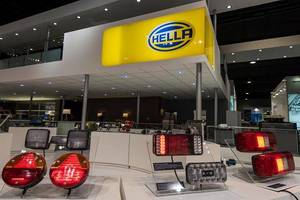
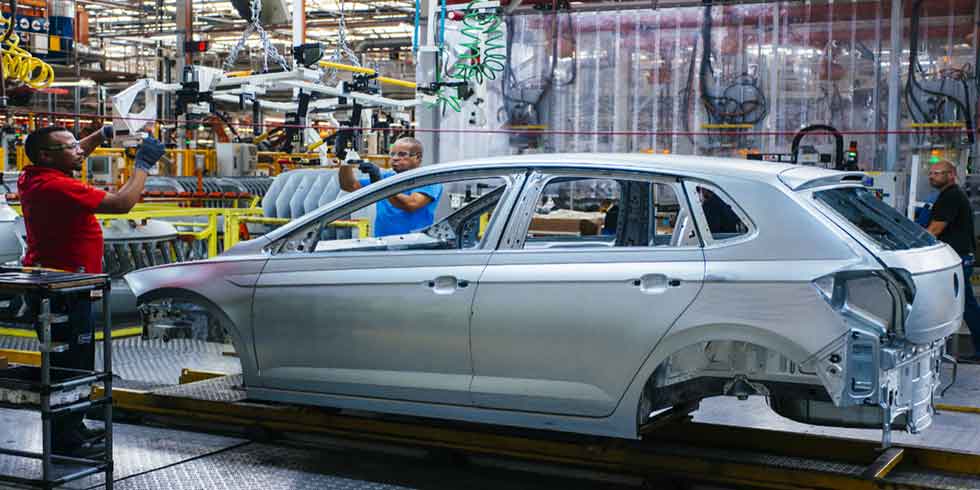
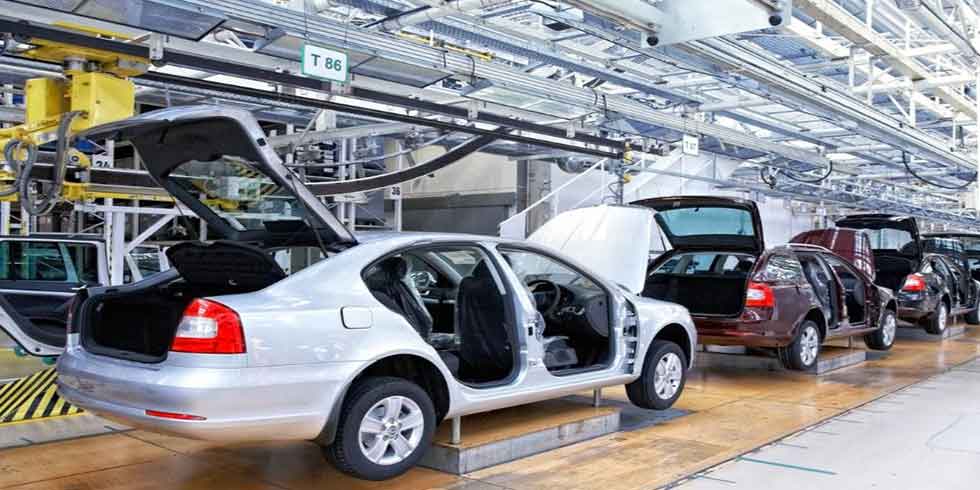
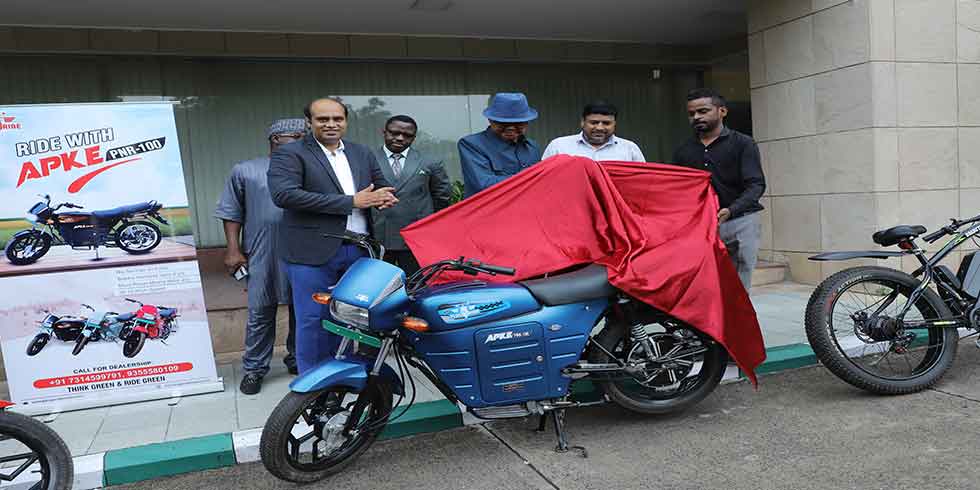
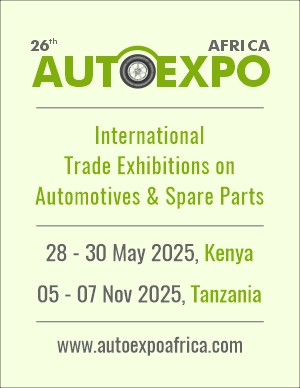

Add Comment